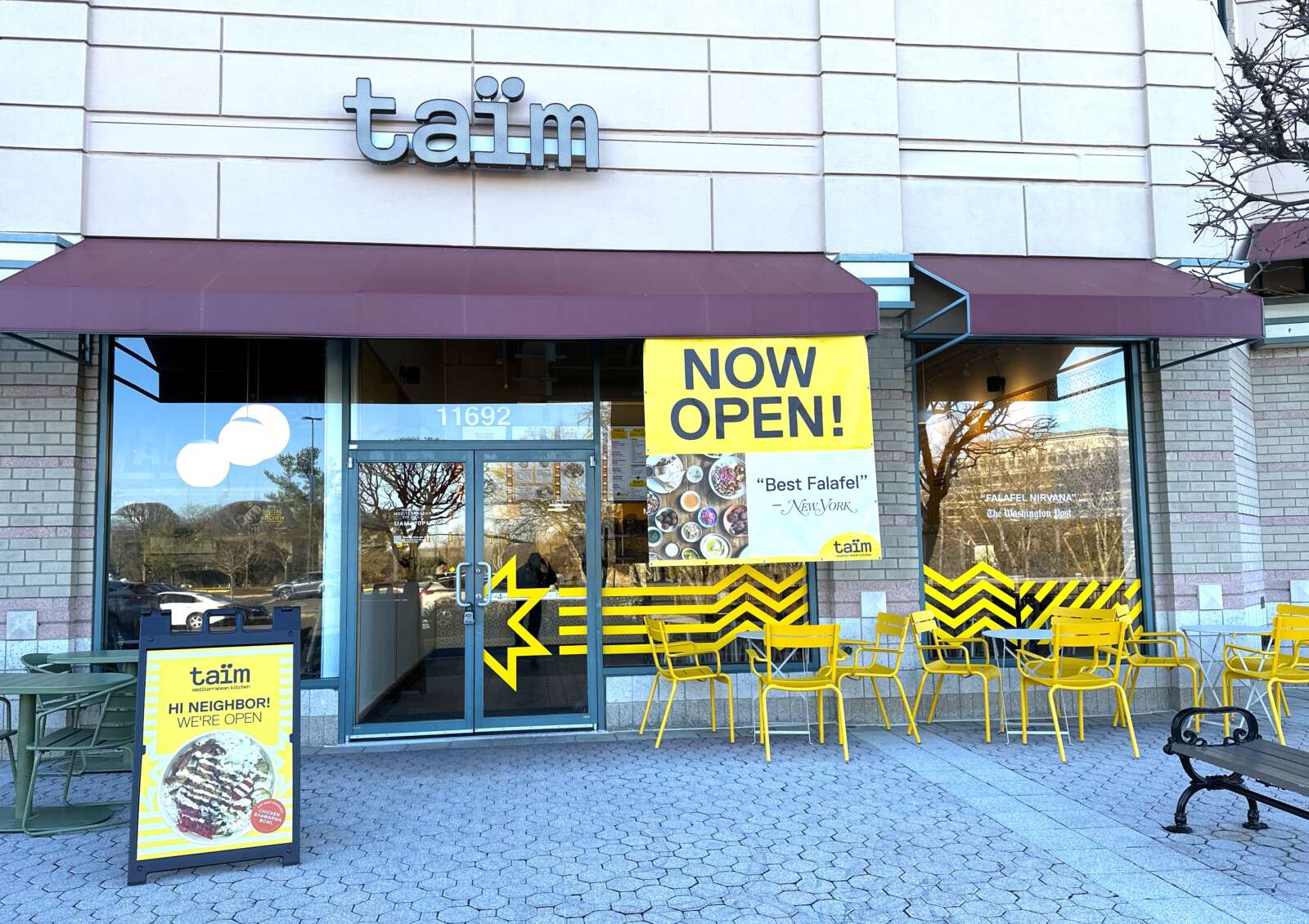This is a sponsored column by attorneys John Berry and Kimberly Berry of Berry & Berry, PLLC, an employment and labor law firm located in Reston Town Center that specializes in federal employee, security clearance, retirement, and private sector employee matters.
On June 16, 2015, the California Labor Commission ruled in Uber v. Berwick that an Uber driver was an employee and not an independent contractor. There have been a number of new concerns for employers and independent contractors alike since the California Labor Commission issued this decision.
One of the most important aspects of the Uber decision is not its direct applicability to independent contractors in Virginia, but rather the direction that these types of classification decisions are headed. Specifically, there is a clear trend towards governmental agencies finding that independent contractors have been misclassified and are actually employees. When this kind of misclassification occurs, it becomes costly for employers and causes confusion for employees.
The Costs of Misclassifying Employees as Independent Contractors
The major differences between an independent contractor and employee of a company largely involve taxes and benefits. Employees pay less in taxes and receive more benefits than independent contractors. If an employer classifies an individual as an independent contractor, the employer does not need to pay benefits to the contractor and saves on taxes because the employer does not pay its portion of Social Security, Medicare, or state unemployment taxes. However, if an employer incorrectly classifies an employee as an independent contractor and the employer is audited or sued, there can be serious consequences for the employer.
In particular, an employer found to have misclassified an individual as an independent contractor can be held liable for back taxes, tax penalties, benefits and wages (e.g. overtime).
The Uber Decision
While the Uber decision is being appealed, it is important to understand why the California Labor Commission ruled that the Uber driver was an employee and not an independent contractor. The Uber decision focuses on a number of issues.
In particular, the case analyzed the degree of control that Uber had over the individual driver. Some of the factors considered in the case included: (1) drivers’ cars had to be less than 10 years old; (2) drivers had to pass background and state department of motor vehicle checks in order to drive; (3) individual drivers’ cars were required to be registered with Uber; (4) Uber determined the price for each trip with customers; (5) Uber drivers received a non-negotiable fee for each drive; and (6) a driver’s approval score, as determined by passengers, could not fall below an Uber-established level.
In consideration of these factors and the amount of control the Uber employer had over its independent contractor drivers, the California Labor Commission determined that an Uber driver was an employee during the driver’s employment with Uber.
Virginia and National Trends
The trend we are noticing in Virginia and nationwide is that more enforcement mechanisms are being established to ensure that independent contractors are properly classified as employees when the factors under consideration are debatable or questionable. For instance, in June 2015, the Commissioner for the Virginia Department of Labor and Industry announced a new policy of strict enforcement for the misclassification of employees as independent contractors.
In July 2014, Virginia raised the civil penalties for misclassifying an employee as an independent contractor under the Virginia Workers Compensation Act. Under the Act, Virginia can impose civil penalties of up to $250 a day for each day (up to a penalty of $50,000) that an employer has failed to insure a worker who should have been insured. In sum, if an employee has been misclassified in Virginia as an independent contractor, it may eventually and will likely result in significant costs for the employer.
We represent employees in federal employment matters nationwide, as well as private and public sector employees in employment matters in the Commonwealth of Virginia, Washington, D.C., and Maryland. If you need assistance with an employment law issue, please contact our office at (703) 668-0070 or at www.berrylegal.com to schedule a consultation. Please also visit and like us on Facebook at www.facebook.com/BerryBerryPllc.






